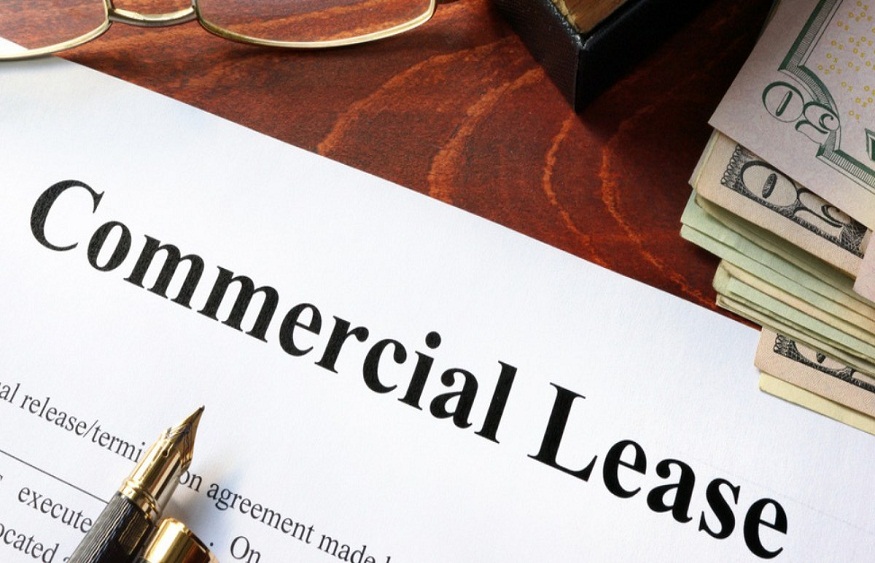Renewal and Termination Clauses in California Commercial Lease Agreements

Commercial lease agreements in California are fundamental in defining the relationship between landlords and tenants, outlining the terms and conditions that govern the rental of commercial properties. Two critical aspects of these agreements are the renewal and termination clauses. These provisions play a crucial role in determining the longevity and conditions of the leasing arrangement. Properly understanding and drafting these clauses can prevent disputes and provide clarity for both parties as the lease term progresses or concludes.
Renewal Clauses: Ensuring Continuity
A renewal clause in a commercial lease agreement offers tenants the option to extend the lease beyond its initial term under specified conditions. This clause is particularly beneficial for businesses that want to maintain their established location without the uncertainty of negotiating a new lease from scratch. In California, renewal clauses must be explicit, outlining the terms under which the lease can be renewed, including any rent adjustments, duration of the extension, and deadlines for exercising the renewal option.
The timing of the renewal notice is a critical component. Typically, the lease will require tenants to notify landlords of their intent to renew within a certain period before the contract expires. Failure to provide timely notice can result in the loss of the renewal option, leaving the tenant vulnerable to eviction or rent increases. Therefore, it’s essential for tenants to be mindful of these deadlines and for the clause to be clear and unambiguous in its terms.
Rent adjustments during the renewal period are another significant consideration. The renewal clause should specify how rent will be recalculated, whether through a predetermined percentage increase, a market rate adjustment, or another agreed-upon method. This transparency helps both parties plan for the financial implications of the renewal and avoids disputes.
Termination Clauses: Defining Exit Strategies
Termination clauses provide the framework for ending a commercial lease agreement before its scheduled expiration date. These clauses can be initiated by either party under certain conditions, offering flexibility but also introducing potential risks. In California, termination clauses must be carefully crafted to balance the interests of both landlords and tenants while complying with state regulations.
Early termination by the tenant may be necessary if the business needs to relocate, downsize, or close. A well-drafted termination clause will specify the conditions under which early termination is permitted, such as giving a specific amount of notice and paying an early termination fee. This fee is typically designed to compensate the landlord for the loss of rental income and the costs associated with finding a new tenant.
Landlords, on the other hand, may include termination clauses that allow them to end the contractearly if the tenant violates key terms of the agreement, such as failing to pay rent or maintaining the property in good condition. The clause should clearly outline the circumstances that would trigger such termination, as well as the procedures for notifying the tenant and providing an opportunity to remedy the breach.
Legal Considerations and Best Practices
When drafting renewal and termination clauses in California, it is essential to adhere to legal standards to ensure enforceability. Both parties should seek legal counsel to review the lease agreement, ensuring that the clauses are fair, clearly worded, and in compliance with California law. Moreover, the lease should be specific about any obligations, such as the condition of the property upon termination, to avoid disputes during the contract’s conclusion.
Conclusion
Renewal and termination clauses are vital components of California commercial lease agreements. By clearly defining the conditions under which a contract can be extended or terminated, these clauses provide both landlords and tenants with security and flexibility. Whether you’re a landlord seeking to protect your property or a tenant planning for the future, understanding and properly drafting these clauses can lead to a smoother, more predictable leasing experience.








